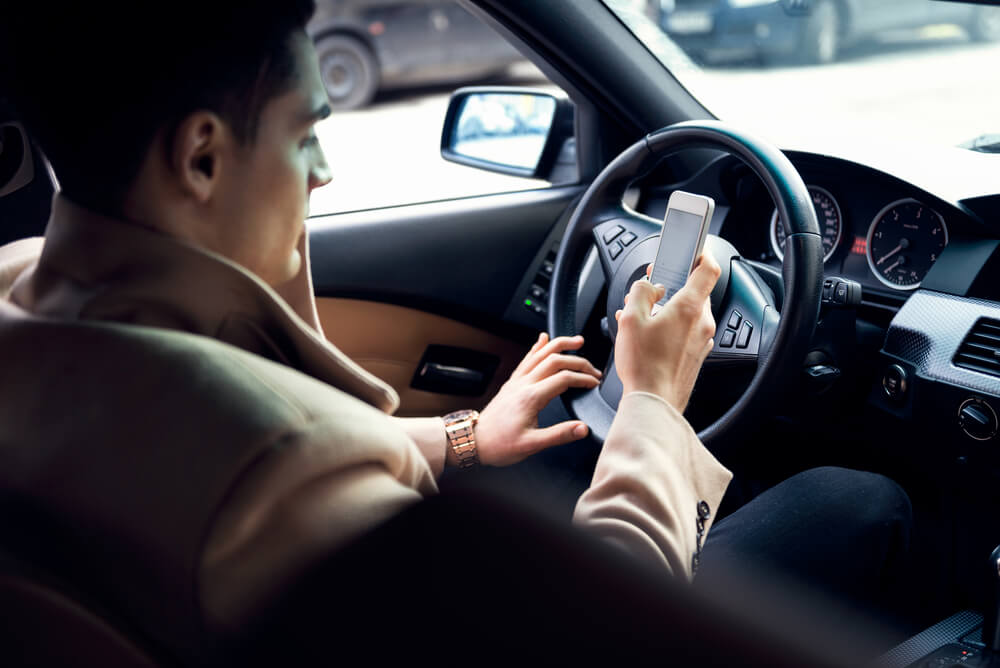EXECUTIVE SUMMARY:
In the US, a growing number of states are offering digital drivers’ licenses. As federal standards emerge and as citizens eagerly transition to this modus operandi, the trend is expected to gain momentum.
Amidst the coronavirus pandemic, department of motor vehicle service centers (DMVs) increased the number of online services available to the public. Digital drivers’ licenses represent an extension of the DMVs’ digital advances.
Vice President of member services and public affairs for the American Association of Motor Vehicle Administrators, Ian Grossman, points out that we no longer need to exchange physical documents in order to present information. He describes the transition to mobile drivers’ licenses as empowering for citizens.
Arizona mobile driver’s license (mDL)
In March of 2021, Arizona introduced its mobile drivers’ license (mDL) app. State Department of Transportation director Eric Jorgensen explained that the mDL app is just a fledgling component of a larger initiative.
“The whole concept is that we’re providing a way to remotely authenticate a person, to provide a trusted digital identity that doesn’t exist today. Once we provide that, we’re opening doors to enhanced government services.”
He continues, “Also, the government can play a key role in facilitating commerce, providing a better citizen experience and providing for the security of that citizen.” In other words, the initiative will be far more comprehensive than simply offering an mDL. Rather, through increased security measures and electronic redundancies, it will potentially limit identity theft and related crimes.
Mobile identification, in some cases, can provide new means of cryptographically confirming identities. Experts point out that legal authorities, bureaucrats and even hotel managers will no longer need to know or parse apart unique card designs from the 56 states and territories. Ultimately, a mobile drivers’ license can be standardized at the national level. Pushing electronic changes to cards can be considerably faster and easier than rolling out physical changes to ID cards.
The benefits of mobile drivers’ licenses (mDLs)
A broad spectrum of US authorities agree that driving represents a substantial, but not stand-alone use case for mDLs. For example, employees of government agencies commonly use drivers’ licenses to prove their identities at the door. An mDL could expedite the process. In addition, the mDL may enhance security for online purchases.
Mobile drivers’ licenses growing in popularity
In Delaware, within six weeks of the state’s mobile drivers’ license app release, more than 10,000 residents installed the app on their phones. In Colorado, 100,000 of the state’s citizens have downloaded a comprehensive, uniquely designed state-services app, where DMV services are available, and where parks and wildlife licenses can be electronically stored.
While mobile licenses appear popular at the individual level, police departments, businesses and other critical organizations have yet to get on board. State agencies remain in the early stages of mDL development and have recognized that producing mDLs may prove futile if authorities are unwilling to recognize, accept or adapt to the technology.
At present, few people and places accept mobile drivers’ licenses. Further, scanning mobile licenses quickly may require organizations to adopt new IT infrastructure in order to process the mDL information.
The state of Delaware is working to resolve this dilemma. Proponents of mobile drivers’ licenses have persuaded a group of restaurants and hospitality enterprises to accept the new form of ID. Is your organization ready for even more new technology adoption?
Experts think that in the way that the credit card became popular among consumers ahead of businesses, the same will prove true of the mDL. Once citizens demand for organizations to accept mDLs, organizations will manage to meet citizens’ needs.
CIO responsibilities and mobile licenses
In some states, mobile license rollouts are led by CIOs, as it’s a technology initiative. However, in other states, department of motor vehicle personnel are at the forefront.
Matthew Thompson, senior vice president for civil identity, North America, at IDMIA, a firm that provides services to states for physical drivers’ licenses, suggests that governments and CIOs should rethink the role of the DMV. Instead of simply facilitating driver and vehicle services, the DMV may evolve into more of an identity management bureau for a given state.
Amidst the pandemic, unemployment fraud increased considerably. Restructuring DMVs to enable them to assist with identity challenges could provide significant social benefits, according to Thompson.
Technology professionals involved with mobile license initiatives have developed multi-factor authentication protocols and some are working to ensure that internal teams, -rather than third-parties- develop the software, reducing security risk.
Subscribe to our newsletter here.
